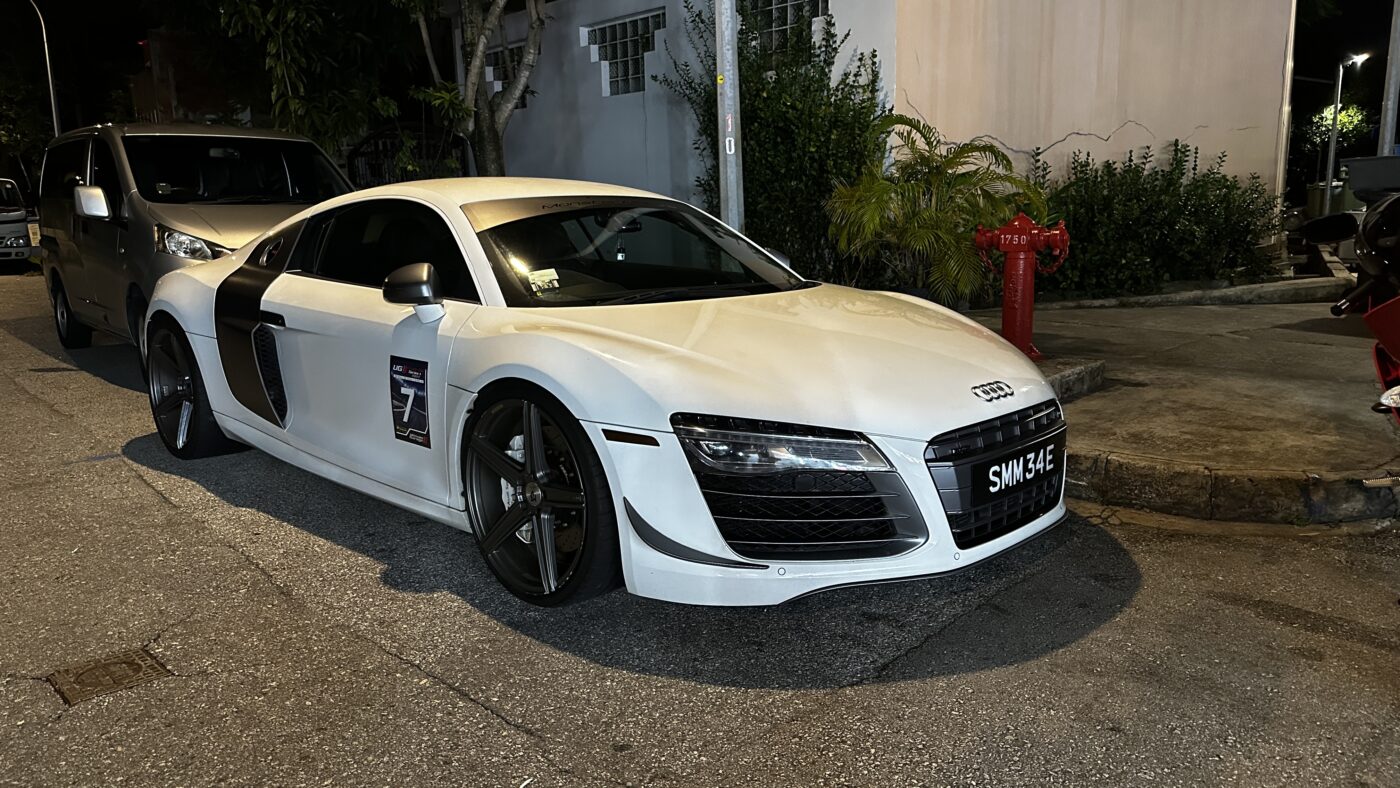When it comes to purchasing used cars, all sorts of myths and misconceptions abound, many of which have been doing the rounds for years or even decades, now.
The following guide aims to bust some of the most common of these myths so you can enjoy a clearer perspective when buying a used vehicle for yourself or your loved one and sleep easier in turn.

Myth: Used Cars are Unreliable
Many people believe that used cars are unreliable or prone to breakdowns. However, this isn’t always true. With technological advancements, many modern cars are built to last much longer than their predecessors. A well-maintained used car can serve you reliably for many years.
Myth: Used Cars Have Hidden Problems
Another common myth is that every used car has hidden issues waiting to surprise you. While it’s true that used cars might have had previous problems, a comprehensive pre-purchase inspection by a trusted mechanic can reveal potential issues. A careful test drive, where you listen for potential issues and get a feel for how a vehicle responds on the road, will also help in this regard.
Myth: Used Cars are Always a Cheaper Option
It’s a widespread belief that used cars are always cheaper than new ones. While the initial cost may be lower, other factors like maintenance, repairs, and insurance can add up over time. Considering these factors is essential when comparing the cost of used versus new cars.
Myth: You Can’t Finance a Used Car
Some people think that used cars can’t be financed, but this is not true. Many banks, credit unions, and finance companies do actually offer loans for used cars. However, interest rates may be higher on these vehicles than on new cars, so it’s important to shop around for the best deal.
Myth: Used Cars Don’t Come with Warranties
Many believe that used cars don’t come with warranties, but this is a myth. Many used cars sold by dealerships boast handy limited warranties for customers. Additionally, some manufacturers offer “certified pre-owned” programs, which include extensive inspections and extended warranties. Some manufacturers also offer generous warranties that cover multiple years, so if you buy a fairly new car, it may still be covered for a while.
Myth: Older Used Cars are Less Safe
While it’s true that newer cars often have more advanced safety features, many used cars are equipped with essential safety features like anti-lock brakes, airbags, and stability control. A used car that’s been well-maintained and is in good working order can be just as safe as a new car. Remember, safety often comes down to the driver, too, so if you drive with care, you’ll automatically increase your safety and that of the passengers and others around you.
Myth: Buying a Used Car is a Gamble
Many people believe that buying a used car is a gamble because you never know what you’re getting. However, with resources like vehicle history reports and pre-purchase inspections, you can clearly understand the car’s condition and history upfront. Plus, if you buy from a dealership that offers a warranty or purchase a car that’s still under the manufacturer’s warranty, you can enjoy much more peace of mind with the added protection.
Myth: All Used Cars Need Extensive Repairs and Maintenance
One of the most persistent myths is that all used cars require extensive repairs and maintenance. The truth is, a well-maintained used car may need fewer repairs than a neglected newer car. While it’s true that older cars may require more routine maintenance, keeping up with these tasks can keep the car running smoothly for years.
Setting aside a budget for regular maintenance and unexpected repairs is essential. You’ll need to spend money to buy some good mechanics tools, and you may need to invest time watching some videos for tips or doing other training to complete certain jobs. Yet, with a little elbow grease and persistence, you should find that taking care of a used car isn’t too much of a burden.
Myth: Private Sales are Always Cheaper Than Dealerships
It’s commonly perceived that buying from a private seller is always cheaper than buying from a dealership. While private sellers often have lower prices, dealerships can provide added benefits like warranties and financing options. It can also depend on the time of year and whether dealerships have a lot of excess stock to get rid of or not.
Both options have pros and cons, so investigate the nitty-gritty of deals and remember that the best choice depends on your needs and circumstances.
Myth: The Lower the Mileage, the Better
It’s easy to assume that a used car with lower mileage is always a better choice. However, other factors, such as how well the car was maintained and its repair history, can significantly impact the car’s reliability and lifespan.
In all, buying a used car can be a wise decision if you do your homework. Learning about and busting the aforementioned myths allows you to enjoy a more realistic and balanced perspective on buying a used car. With proper research and preparation, you’ll find a used car that provides reliable service and excellent value for your needs.
Facebook Comments